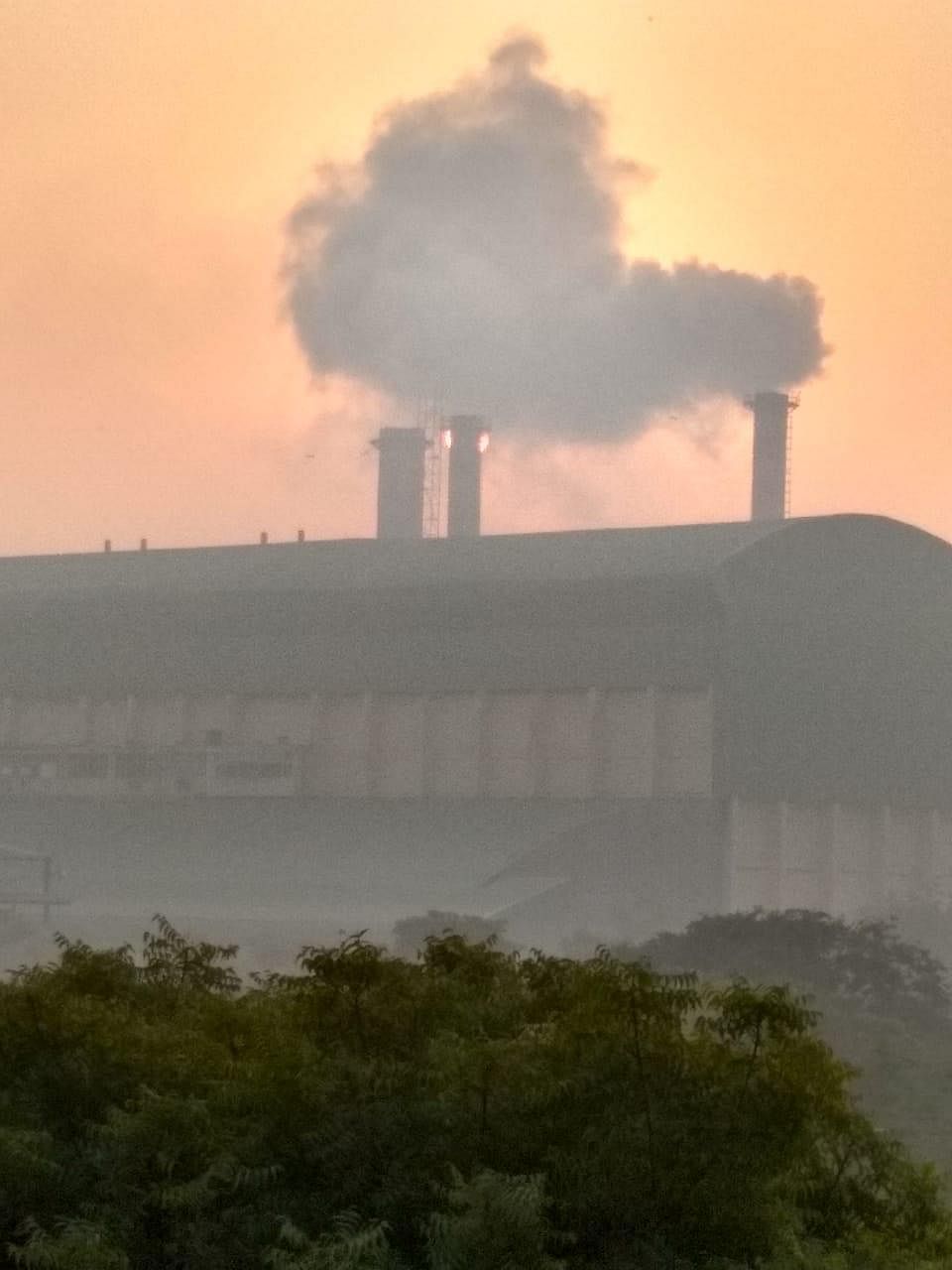
By KapilKajal
While the excessive use of technology, such as cars and air-conditioners, shares the blame for rising air pollution, a handful of startups are devising new-age technologies to tackle this problem.
A Bengaluru based start-up Ambee aims to make hyperlocal air quality data accessible to developers, consumers, health researchers and media companies. The start-up thinks that with the help of their data repository, researchers and healthcare professionals can push the boundaries of research. Further, it believes that Integrating their data to connected air purifiers will substantially increase the effectiveness of air purification devices and the data can be used to improve HVAC efficiency and air quality in the office to improve productivity and well being.
"At Ambee, we gather aggregate, measure (using our on-ground air and weather sensor network), data about various aspects of the environment that comprises of air, water, soil, climate. We derive actionable insights, visualisations, solutions, and services to help businesses, governments and consumers solve the problem that affects the health of all of us and also of our planet today,” MadhusudanAnand, one of the founders of AMBEE, explained in his blog.
A Delhi-based start-up Chakr Innovations, floated by IIT students, made a product named as Chakr Shield, which sucks over 90% of the black carbon from generators and converts it into inks and paints. Another Delhi-based startup Nanoclean invented a nasal filter called Nasofilter, which stops the entry of air pollutants in the body. The company also invented an AC filter, which turns AC into an air purifier.
DrYellapa Reddy, the Governing Council Member of the Foundation for Ecological Security of India, furiously stated that in this way someday some company will come up with mini-cylinders with clean air filled in them and tell the people to use them to get clean air. This is not the way, while these technological ways can help at a minute level but this is not sustainable, he stated.
He further explained, “Start-up providing the air quality data can be useful because the government is not giving the appropriate data but that does not help because we need to change the habit of government, we need the government to take care of the environment, we need to stop the excess of development, we need to make them accountable as they can only stop the environmental crisis, so the real way lies in the sustainability, not in technology.”
Apart from these inventions, a lot of startups came up with the air purifiers that are considered as the solution to bad air these days. Air purifier companies also claim that it removes 99% of pollutants, allergens, harmful gases, bacteria, viruses and maintains optimal humidity levels that include particle matter like pollen, pet dander, and mould spores, as well as harmful gases. Their aim is to typically provide uncontaminated air, though many companies also claim that their purifiers reduce allergic reactions and asthma attacks.
Dr TV Ramachandra, from the Centre for Ecological Sciences, Indian Institute of Sciences (IISc), said that the air purifiers are not a good solution for decreasing air pollution and it is not a very good idea to increase the air quality within your house using electricity.
Air purifiers work on electricity and it will add Carbon Dioxide (CO2) equivalent emissions from electricity consumption, from which Bengaluru is already suffering and CO2 equivalent emissions from electricity consumption in Bangalore stands at 14% of the total CO2, so to improve the air quality within your house, you are decreasing air quality outside, which is a harm to our sustainable goals, Dr Ramachandra pointed out.
Jagdish Reddy, an environment activist, said trees are the natural filters and purifiers and whatever you are getting for free, they are making products for them and selling them to you. He further added that it is transactional, just to make money and It is systematic hoarding while the old methods of preserving the environment and ecology can save the air pollution crisis and not technology.
He said, “India is the biggest market and picking economy, these people always target India, They are creating business playing with the fear of people.”
(Author is Bengaluru - based freelance writer and a member of 101Reporters.com, a pan-India network of grassroots reporters.)